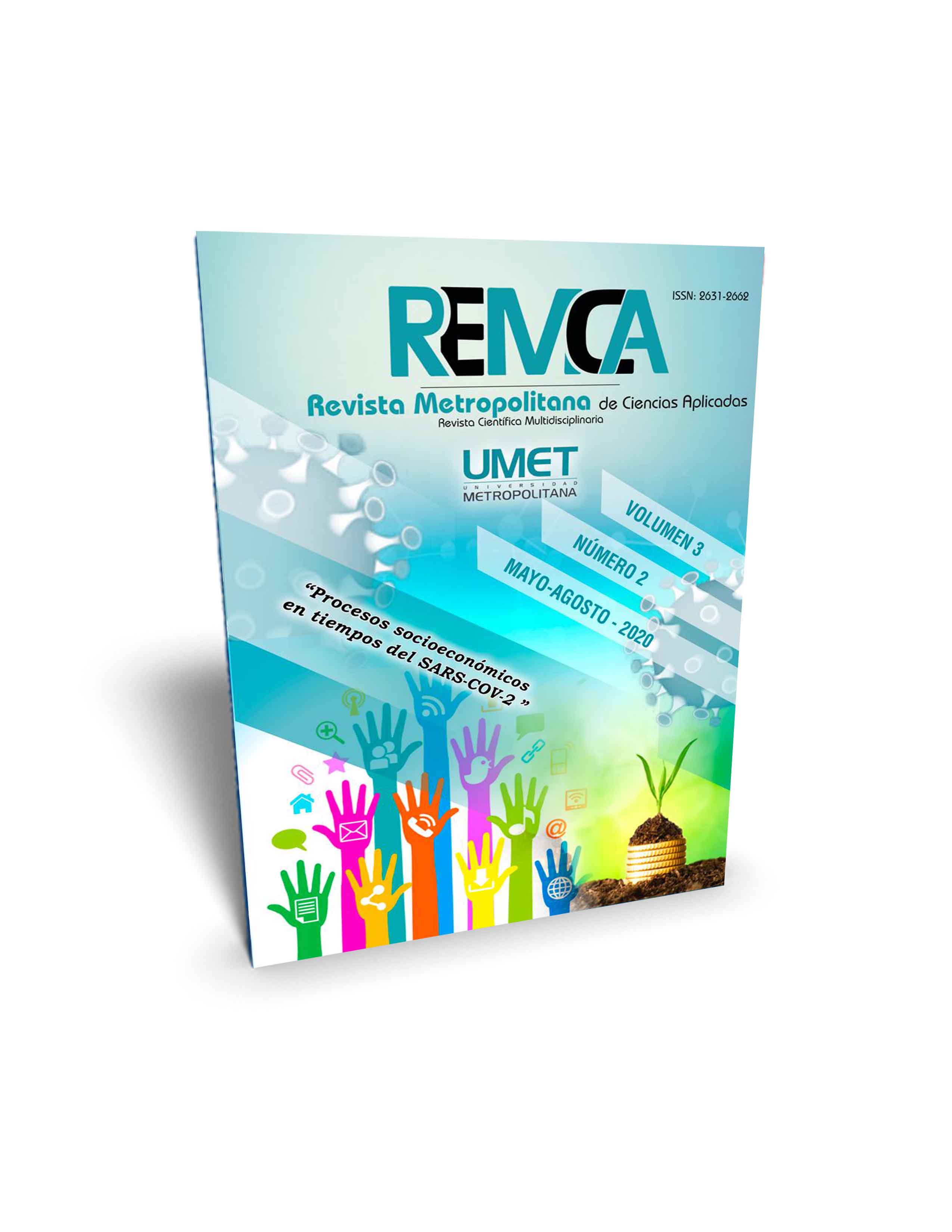Towards innovative management of the substantive functions of the Metropolitan University of Ecuador
DOI:
https://doi.org/10.62452/g9ak2e73Keywords:
Higher education, university management, educational innovationAbstract
At the Metropolitan University of Ecuador, the evolution of quality standards shows a satisfactory balance. While different evaluation models have been applied, overall performance shows a higher result in 2019 compared to 2013. The changing context of higher education and its marked tendencies suggest that regardless of the success in the management carried out, it will be required to manage in a different way in the current academic cycles and those to come. The research was carried out during the process of building institutional strategic planning for the period 2020 – 2025. The results reveal the relevance of these trends in the field of action of the University and the need for a social projection resulting from the articulation of substantive functions. Based on the complementarity and synergy of an innovative academic offer, developed on the basis of educational technologies aimed at generating active learning spaces and implementing combined learning designs, promoting modular and disaggregated degrees, in the context of a culture of institutional and interactive innovation with the social needs of their intervention scenarios.
Downloads
References
Ecuador. Universidad Metropolitana. (2012). Plan Estratégico de Desarrollo Institucional. PEDI 2012 - 2016. Universidad Metropolitana.
Ecuador. Universidad Metropolitana. (2016). Plan Estratégico de Desarrollo Institucional. PEDI 2016 - 2020. Universidad Metropolitana.
Ecuador. Universidad Metropolitana. (2020). Plan Estratégico de Desarrollo Institucional. PEDI 2020 - 2025. Universidad Metropolitana.
Espinoza, C. X., Soria, N. G., & Socorro, A. R. (2019). Modelo de gestión integrada de los procesos sustantivos de la Universidad Metropolitana. Observatorio Metropolitano de Inteligencia Competitiva, Ciencia, tecnología, Innovación y Saberes. Universidad Metropolitana.
Soria, N. G., Espinoza, C. X., & Socorro, A. R. (2019). Estudio de pertinencia de los procesos sustantivos y la gestión de la Universidad Metropolitana para la actualización del planeamiento estratégico. Observatorio Metropolitano de Inteligencia Competitiva, Ciencia, tecnología, Innovación y Saberes. Universidad Metropolitana.
Downloads
Published
Issue
Section
License
Copyright (c) 2020 Carlos Xavier Espinoza Cordero, Norma Graciela Soria León, Alejandro Rafael Socorro Castro (Autor/a)

This work is licensed under a Creative Commons Attribution-NonCommercial-ShareAlike 4.0 International License.
Authors who publish in Revista Metropolitana de Ciencias Aplicadas (REMCA), agree to the following terms:
1. Copyright
Authors retain unrestricted copyright to their work. Authors grant the journal the right of first publication. To this end, they assign the journal non-exclusive exploitation rights (reproduction, distribution, public communication, and transformation). Authors may enter into additional agreements for the non-exclusive distribution of the version of the work published in the journal, provided that acknowledgment of its initial publication in this journal is given.
© The authors.
2. License
The articles are published in the journal under the Creative Commons Attribution-NonCommercial-ShareAlike 4.0 International License (CC BY-NC-SA 4.0). The terms can be found at: https://creativecommons.org/licenses/by-nc-sa/4.0/deed.en
This license allows:
- Sharing: Copying and redistributing the material in any medium or format.
- Adapting: Remixing, transforming, and building upon the material.
Under the following terms:
- Attribution: You must give appropriate credit, provide a link to the license, and indicate if any changes were made. You may do this in any reasonable manner, but not in any way that suggests the licensor endorses or sponsors your use.
- NonCommercial: You may not use the material for commercial purposes.
- ShareAlike: If you remix, transform, or build upon the material, you must distribute your creation under the same license as the original work.
There are no additional restrictions. You may not apply legal terms or technological measures that legally restrict others from doing anything the license permits.




